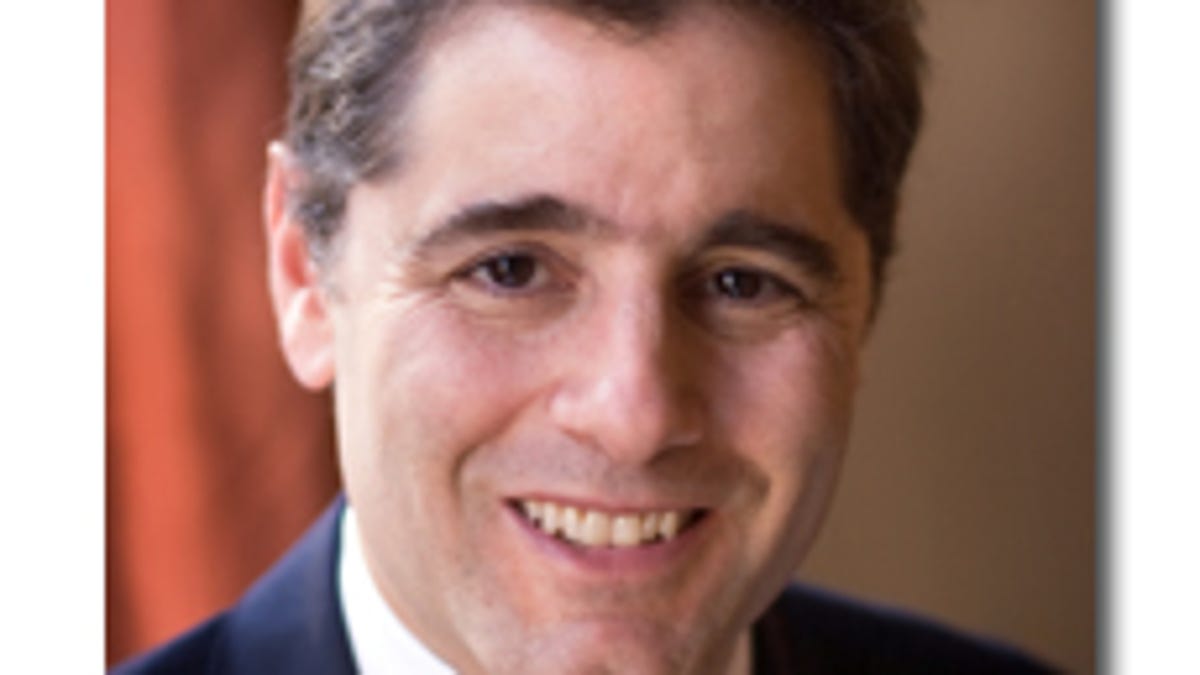FCC to free up additional Wi-Fi spectrum to boost speeds
FCC Chairman Julius Genachowski said Wednesday at CES that the agency plans to free up 195MHz of 5GHz wireless spectrum to improve the capacity and speed of unlicensed Wi-Fi by 35 percent.

The Federal Communications Commission announced Wednesday plans to free up 195 megahertz of wireless spectrum in the 5 gigahertz band to help increase Wi-Fi speeds and alleviate congestion in high-traffic areas.
FCC Chairman Julius Genachowski discussed the new plan at the Consumer Electronics Show in Las Vegas. The new spectrum allocation is the largest block of unlicensed spectrum that has been made available for expansion of Wi-Fi since 2003.
The effort is expected to increase Wi-Fi speeds by at least 35 percent, Genachowski said. And it will also help alleviate Wi-Fi congestion at major hubs, such as airports, convention centers, and large conference gatherings. The spectrum expansion is particularly important for home users as well, where increasingly more people and more devices are using unlicensed Wi-Fi spectrum to connect devices for things like streaming high-definition video.
"We all know the frustration of Wi-Fi congestion at conferences and airports," Genachowski said in a statement. "Today, the FCC is moving to bring increased speed and capacity to Wi-Fi networks by increasing the amount of unlicensed spectrum for Wi-Fi. "
Genachowski said that when the FCC first made unlicensed spectrum available for Wi-Fi nearly 30 years ago, "no one knew the potential it held." Since then the unlicensed spectrum has been used to fuel several industries and product categories, including cordless telephones, Bluetooth, and Wi-Fi.
"We'll keep nurturing today's Wi-Fi as we also develop a next generation of spectrum policies to drive our mobile future for our innovators and our economy," Genachowski said.
The 5GHz band of spectrum that the FCC has targeted for unlicensed use is already being used by federal and non-federal users. And Genachowski said it will take considerable effort and collaboration with other governmental agencies to free up this spectrum. Still, he said the FCC will "move expeditiously to complete the proceeding."
The FCC has been working the past few years on freeing up additional wireless spectrum for wireless broadband use. The agency is currently writing rules for a wireless spectrum auction of lower frequency spectrum that broadcasters are voluntarily giving up. And the commission has also worked to reclassify spectrum designated for satellite use so that it could be used for wireless broadband services.
Chairman Genachowski has said several times publicly that it's also important to free up more unlicensed wireless spectrum. The commission has already taken steps in recent years to free up unlicensed spectrum in lower frequency bands. Lower frequency spectrum allows signals to travel longer distances and to penetrate obstacles like walls more easily.
In 2010, the FCC allocated unused spectrum between broadcast TV channels, called white spaces, for unlicensed use. And as part of the upcoming incentive broadcast wireless auctions, the FCC has also proposed to set aside some low-band spectrum for unlicensed use.
But the idea of setting aside spectrum for unlicensed use is not without controversy. Some lawmakers say unlicensed spectrum is a waste of resources. They'd like to see the government auction off as much spectrum as possible so that it can use the proceeds to help pay off the national debt or fill budget deficits. And because lower frequency spectrum allows signals to propagate over longer distances, there are also concerns about interference.
Still, Chairman Genachowski believes that making some spectrum available for unlicensed use will open the doors for new industries to arise, which will create American jobs and fuel new investment and innovation.

